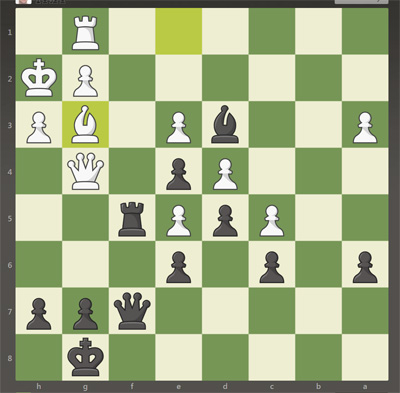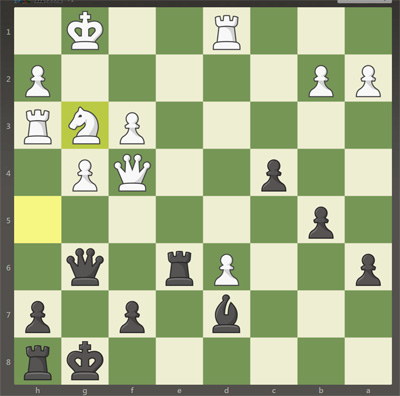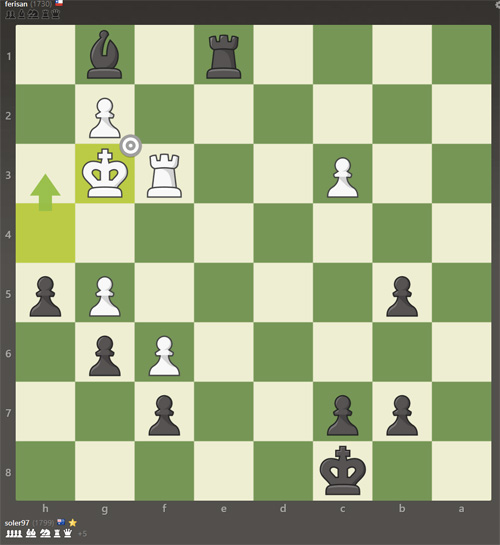Actually, unless you have a silicon processor, you cannot play like a computer.
Apart from that, what the computer thinks is a bad move may be a good move from the human point of view. I'll give two examples of this.

In the first game, though my position was superior, it was hard to see how to make any progress, as my opponent was well defended.
I played 31... h5, knowing it probably did not improve my position, but hoping my opponent would fail to make the only move, ie. 32 Q-d1.
The computer evaluated my move as an inaccuracy, half a pawn worse than the optimal move.
Not realising the danger, my opponent played 32 Q-h4. I then played 32... g5 and he immediately resigned, as his queen was doomed.

In the game above I played 38... R-f6. The computer said this was a mistake, evaluating it at +5 in favour of my opponent, 2 points worse than 38... Q-f6.
My opponent played 39 Q-e5, which was tempting, given that it saves his precious passed pawn. Yet this was the point at which the game turned in my favour.
I played 39... Rxf3, he answered with another mistake, 40 N-f5. He made some more mistakes, and soon the game was an easy win for me.
On the other hand, the line the computer gave following its recommended move would leave me with a difficult game.
No doubt, the computer is correct, objectively speaking, yet I think that in practice my move saved my game.
Here is a third example:

The computer thought the best move was 34... B-e3. This may be the strongest move in an objective sense, but my move, 34... R-e3 ended the game immediately, as after the rook swap it is obvious that white is helpless.
What is the moral of the story? In general, you should play expecting your opponent to make the best response move.
However, since one is playing a fallible human, not a computer, it can pay to make a move that is sub-optimal but that is likely to induce an opponent mistake.
This principle applies beyond the wood-pusher level. Even grand masters knowingly make inferior moves, for example to complicate the position when they are losing.
A move may be bad in an objective sense, but if its refutation requires extremely accurate play by the opponent, then it may well result in a win.
To sum up, the computer knows nothing of human psychology, nor does it understand that one is playing against a fallible human.